Philip Haigh examines the National Audit Office report on HS2 costs, and considers what is required to reinstate the northern leg to Manchester.
“The government’s decision to cancel Phase 2 created uncertainties in a range of complex areas, particularly as HS2 Ltd and other rail organisations had not been involved with the decision.”
Philip Haigh examines the National Audit Office report on HS2 costs, and considers what is required to reinstate the northern leg to Manchester.
“The government’s decision to cancel Phase 2 created uncertainties in a range of complex areas, particularly as HS2 Ltd and other rail organisations had not been involved with the decision.”
So says the National Audit Office, in its most recent report into High Speed 2.
As a comment on the way the previous government ran its affairs, it’s damning. Not because of the cancellation (to govern is to decide), but because it made its decision with no understanding of the consequences.
It can’t have understood the consequences because it didn’t involve HS2 Ltd or Network Rail, both of which are now having to cope with the aftermath.
This relates to chiefly north of Birmingham, where the NAO notes that the Department for Transport’s revised HS2 plan does not solve the capacity problems.
Its report says: “Options for addressing capacity issues involve, at a high level, managing demand for rail services or investing in infrastructure such as additional tracks and longer platforms.”
‘Managing demand’, explains the NAO, means “incentivising people to travel at different times or to not travel by rail” - pricing people off rail and onto already congested motorways.
Meanwhile, it says of adding or improving infrastructure: “This may be expensive and disruptive. If existing infrastructure were updated this would create major disruption on a busy route.”
It certainly was when Railtrack and then Network Rail delivered the West Coast Route Modernisation in the late 1990s and early 2000s. This work bust its budget and delivery came years late (RAIL 839, 840).
Now, the NAO quotes HS2 Ltd as saying that the previous government’s cancellation of the northern leg of the line could reduce capacity by 17% between Birmingham and Manchester.
This penalty comes from running HS2 stock north of Birmingham. At 200 metres, these trains are shorter than those Avanti West Coast runs today and have fewer seats, hence the cut in capacity.
To reverse this cut, Manchester needs longer platforms (suitable for double-length, 400-metre HS2 services), which HS2’s second phase planned to provide.
To cut journey times, HS2’s plan involved building the initial part of Phase 2 from Birmingham to Crewe, and then a second phase into central Manchester via long approach tunnels under the city’s southern suburbs.
It’s this aspect that the last government dropped in autumn 2023, although it pledged to keep Manchester’s tunnels for Northern Powerhouse Rail services to and from Liverpool.
This meant keeping the most expensive part of Phase 2 while cancelling the rest on the grounds that it was too expensive. That had all the hallmarks of a decision that was not properly thought through.
So, now there is plenty of pressure on the new government to reinstate Birmingham-Crewe (it was particularly cost-effective, spread HS2’s benefits further north, and already has its authorisation through an Act of Parliament) and then take the line into Manchester.
Transport Secretary Louise Haigh has only been in post for a few weeks, so I think her response is fair when she said on social media: “We’re assessing the books and will set out our next steps in due course.”
We can see the penalty for not pushing HS2 north of Birmingham. It’s reasonable to argue for reversing that penalty, but the line needs to be paid for - and that needs taxpayers’ money.
It also remains a fact that the first phase of the line, from London to Birmingham, is costing more than government expected.
As the NAO says: “Although the works remain on schedule, HS2 Ltd has not driven the cost performance it expected through these contracts, and contractual incentives to control costs and improve productivity have not worked as intended.”
The national auditors explain that HS2 Ltd’s contracts for the companies delivering the civil engineering needed for the line have prioritised delivering to schedule over managing costs. They also cite the project’s ambitious cost and schedule estimates, the overall complexity of the project, and external factors that have pushed up material costs.
Nor has it helped that the DfT (at HM Treasury’s request) forced HS2 Ltd to slow work to meet annual spending limits. This has increased costs by £2 billion-£3bn on Phase 1 which, for context, DfT estimated to cost £45bn-54bn (at 2019 prices).
The NAO report adds: “HS2 Ltd no longer anticipates that its existing contract incentives can sufficiently manage costs or mitigate the risk of further increases, and it now intends to renegotiate these contracts to incentivise greater cost control and achieve more certainty over costs.”
In a strong bid for understatement of the year, it adds: “DfT and HS2 Ltd acknowledge that successfully renegotiating major contracts that are already in progress will not be straightforward.”
It will not be the first time that HS2 Ltd has revised contracts. It did so in 2020, with DfT approval, in an attempt to cut costs by cutting the risks that contractors faced. These changes removed liability for cost increases from contractors, with HS2 Ltd shouldering them instead.
Other changes needed HS2 Ltd to closely monitor and manage contractor performance, which the general tenor of the NAO’s report suggests it has been unable to do.
That may change now that the company has created a specific board sub-committee to look at costs and performance. It also has Mark Wild joining as chief executive, bringing his experience of restoring Crossrail following cost and schedule overruns.
What’s now needed is a clear picture from the Department for Transport that extracts the best possible benefits from HS2 for the least spending.
It can start by halting any talk of selling HS2 land needed for Phase 2. And follow this by rigorous work to assess how best to build Phase 2a to Crewe. This might mean, for example, finalising designs before asking contractors to bid to build them.
Ministers must also fix the Euston problem. The station there must serve not just HS2’s initial needs to Birmingham, but also subsequent demand to Manchester and (hopefully) Leeds.
Whatever is built will last a long time. Please don’t spoil tomorrow for the sake of today.
Login to continue reading
Or register with RAIL to keep up-to-date with the latest news, insight and opinion.

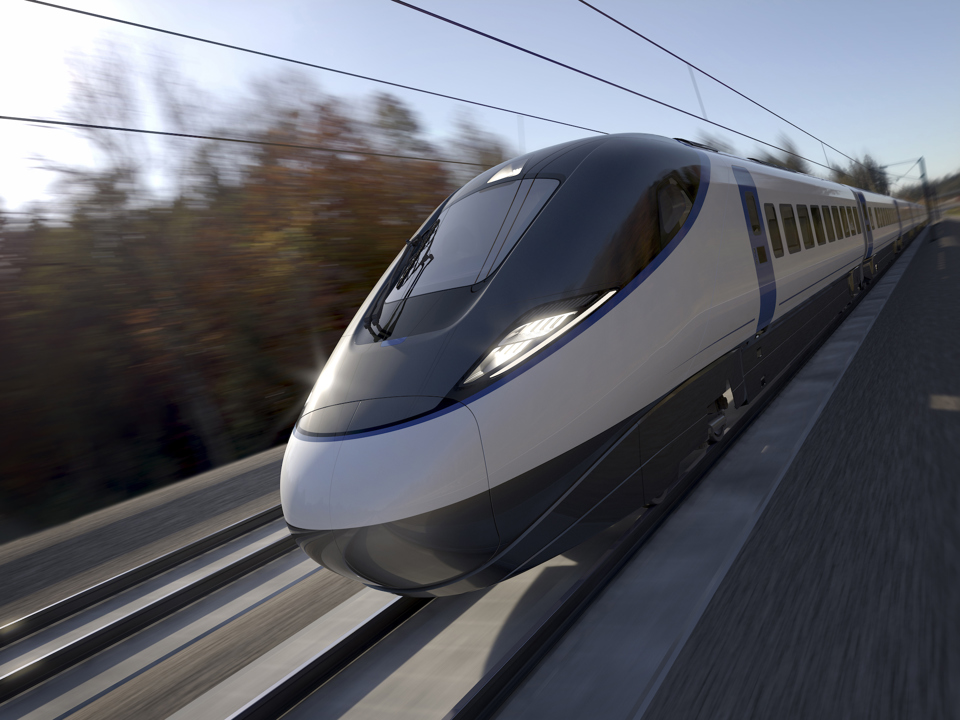

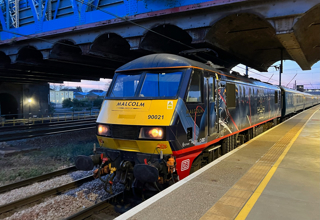
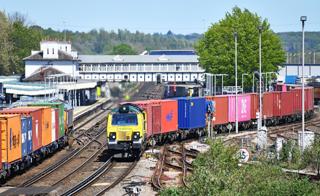
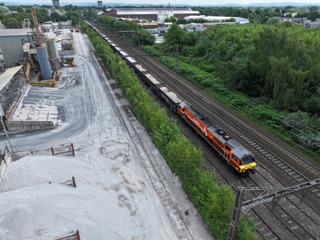
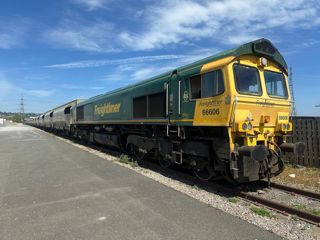
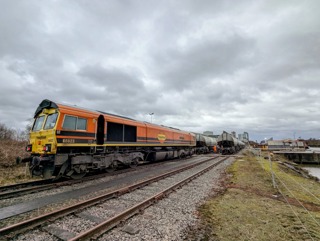










Login to comment
Comments
No comments have been made yet.